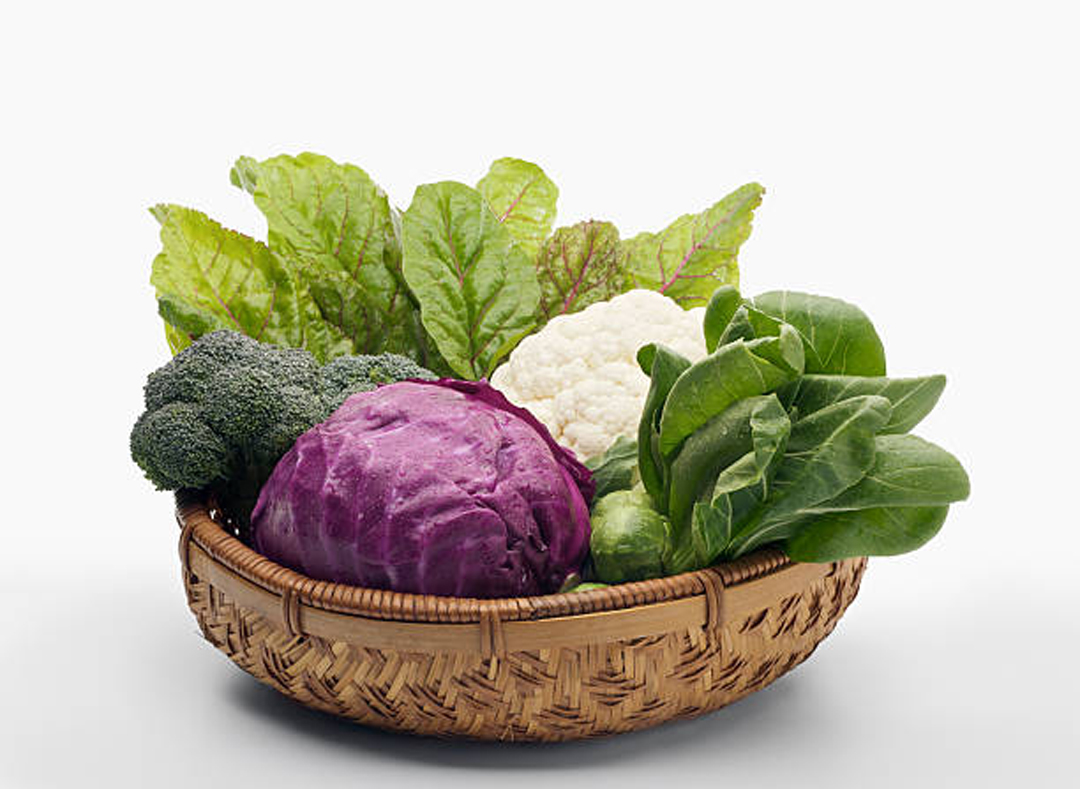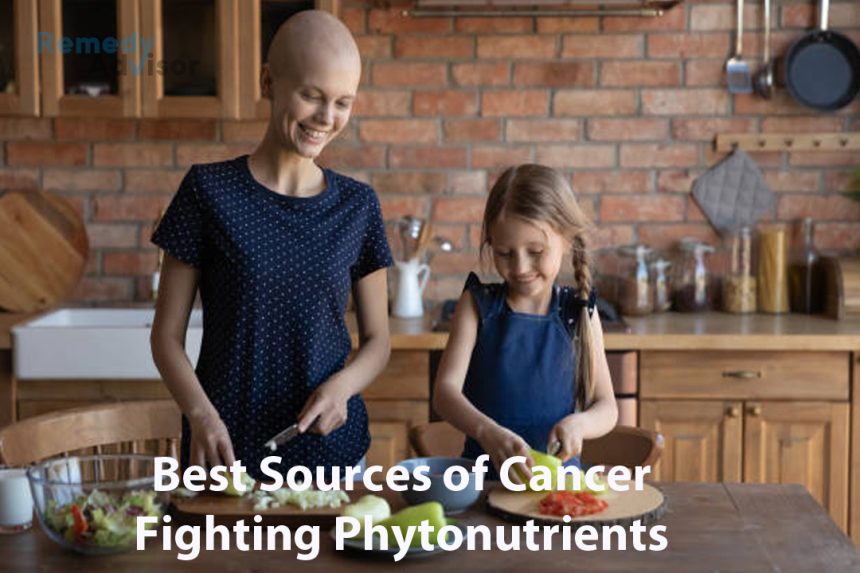Despite our nation’s 30-year “war” on cancer, the US cancer rate keeps rising. Overall, the odds that you’ll die of cancer are 6% higher today than they were in 1970, according to one estimate published in The New England Journal of Medicine.
Good news: Eating the right foods sharply lowers your cancer risk. That’s true if you are cancer-free or if you have had cancer and are trying to avoid a recurrence.
Consider people in China and other countries whose typical eating habits are healthier than ours. They have far less breast, ovarian, prostate and colon cancers.
Dietary fat and cancer
If you’re like the average American, roughly 40% of your daily caloric intake is in the form of fat.
But your risk of developing cancer (or having a recurrence) climbs four- to eightfold for each additional 10 percentage points of calories that come from fat.
Example: If you eat a 30% fat diet, your cancer risk is up to eight times higher than if you were to consume a 20% fat diet.
To keep your cancer risk low, fat should account for no more than 15% of your calories. The fats you do consume should be monounsaturated or polyunsaturated. Good sources of such fats include salmon, cod, canola oil, olive oil and flaxseed oil.
Saturated fats like those found in meats, whole milk products and palm kernel oils should be avoided. Saturated fats weaken the immune system, letting tumors flourish.
The importance of fiber
A diet high in fiber the indigestible part of grains, fruits and vegetables reduces your risk of developing cancer, especially colon cancer.
In Sweden, cancer rates are low despite the fact that most Swedes eat a high-fat diet. Researchers theorize that their consumption of rye bread, which is rich in fiber, protects them.
How much fiber should you eat? Twenty five grams a day is good, but 40 grams is ideal. Be sure to eat both insoluble fiber (the kind in whole wheat products) as well as soluble fiber (like that found in oat bran).
To make sure that you get enough fiber, your daily diet should include
- Two to three cups of whole-grain foods breads, brown rice, oat products, high-fiber cereal, etc.
- One-and-one-half cups of beans and other legumes.
- Four to five cups of fresh vegetables, including leafy greens, cruciferous vegetables, root vegetables and fruits.
Avoid candy, cakes and other sweets that contain refined sugar. Refined sugar can suppress the immune system, leaving you vulnerable to cancer.
Cancer-fighting foods

Virtually all forms of produce are good for you, but certain fruits, vegetables and grains have special cancer-prevention powers. They’re rich in phytonutrients, compounds that have been shown to deactivate carcinogens and even shrink tumors.
Your diet should stress these phytonutrient dense foods
• Cruciferous vegetables
Broccoli, cauliflower, cabbage and Brussels sprouts contain indole-3 carbinol and sulforaphane, compounds that regulate hormone levels in such a way as to lower the risk for breast cancer.
These compounds also help protect cellular DNA against attack by carcinogens, including those in tobacco smoke.
• Citrus fruits
Oranges, grapefruit, lemons and limes contain more than 50 different phytonutrients. These include flavonoids, which block carcinogens from getting inside cells.
• Currants, blackberries, apples, grapes and plums
These fruits contain saponins and quercetin. These flavonoids help neutralize carcinogens, inhibit tumor growth and protect cells against attack by free radicals renegade molecules produced during normal metabolism that can turn cells malignant.
• Yellow, red and dark-green vegetables
They contain carotenoids, which protect cells against oxidation and break down cancer causing chemicals.
Tomatoes are an especially rich source of phytonutrients, including lycopene, glutamic acid and turmeric acid. These compounds block the formation of cancer-causing nitrosamines, protecting against stomach cancer and prostate cancer.
• Garlic, onions, leeks and shallots
By increasing the activity of immune system cells called natural-killer cells, these foods help destroy tumor cells.
One-two punch: After carotenoid-rich vegetables break down carcinogens, garlic, onions, etc., flush them from the body.
• Soy foods
In addition to saponins, foods made from soybeans contain the isoflavone genistein, a phytochemical that tempers cells’ response to cancer-promoting hormones.
Soy consumption has been linked to reduced rates of breast, colon and prostate cancer.
Substitute soy milk and soy cheese for dairy products. A fermented soy product called tempeh is high in protein and particularly rich in genistein. Its meaty texture makes it great for casseroles and vegetable stir-fries.
• Mushrooms
Shiitakes and reishis, popular in Chinese cooking, contain beta-glucan and other immunity-boosting phytochemicals.
• Sea vegetables
Dark-green seaweeds like kombu and wakame are chockablock with trace elements that keep the immune system strong. They also contain “chelating agents,” which remove toxins from the body.
• Green tea
This traditional Japanese beverage inhibits formation of nitrosamines, prevents genetic mutations and blocks the creation of tumors.
• Turmeric
This spice, found in curries, contains a powerful antioxidant called curcumin. It has been linked to lower rates of colon cancer.







